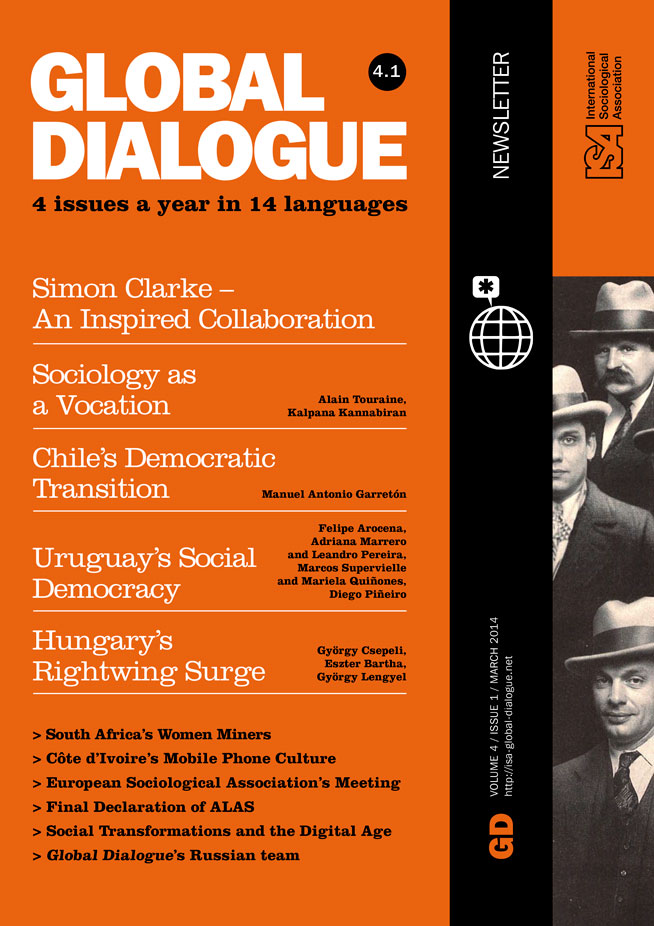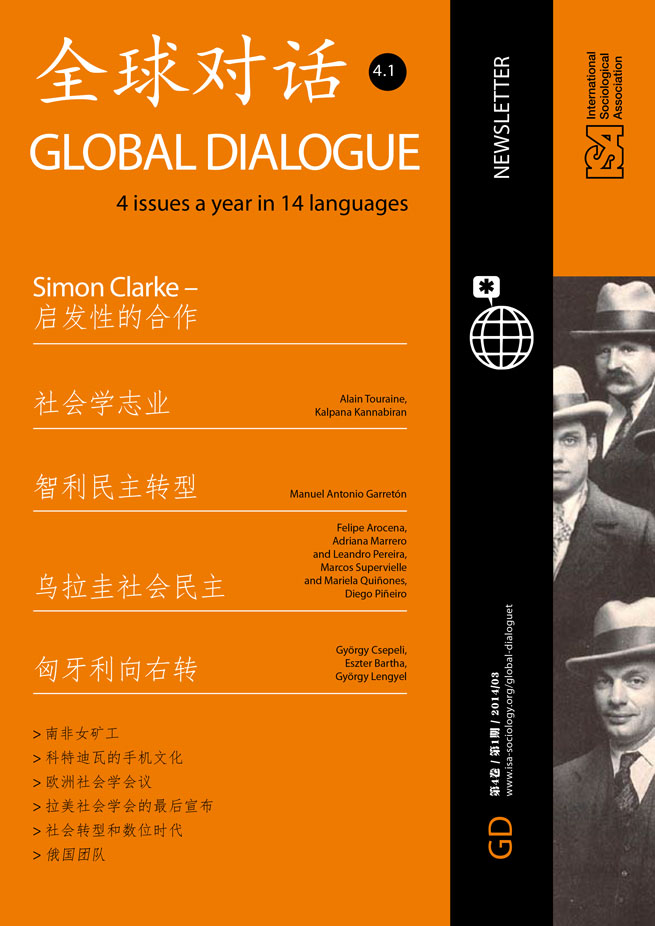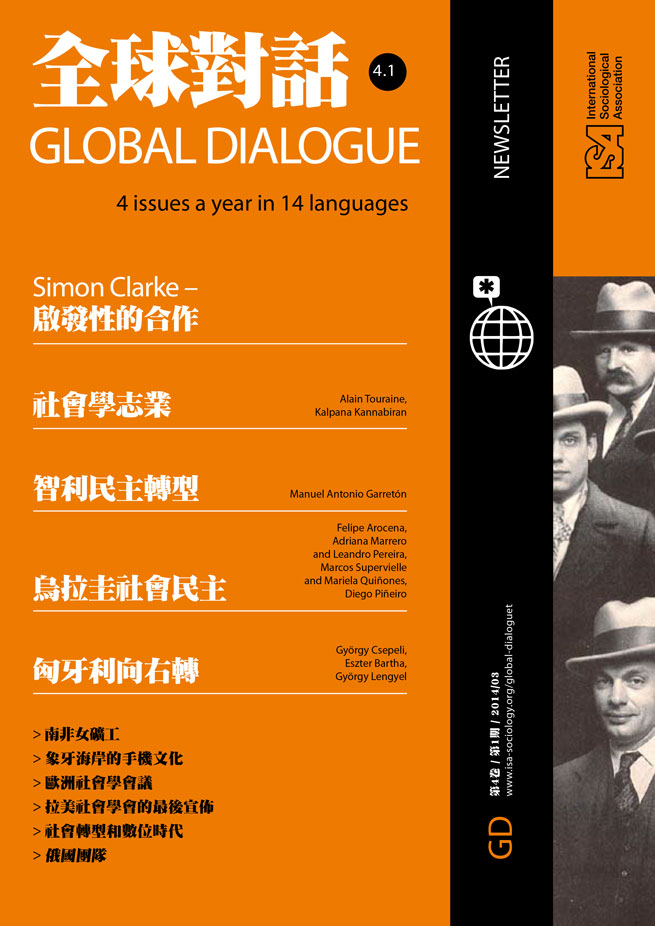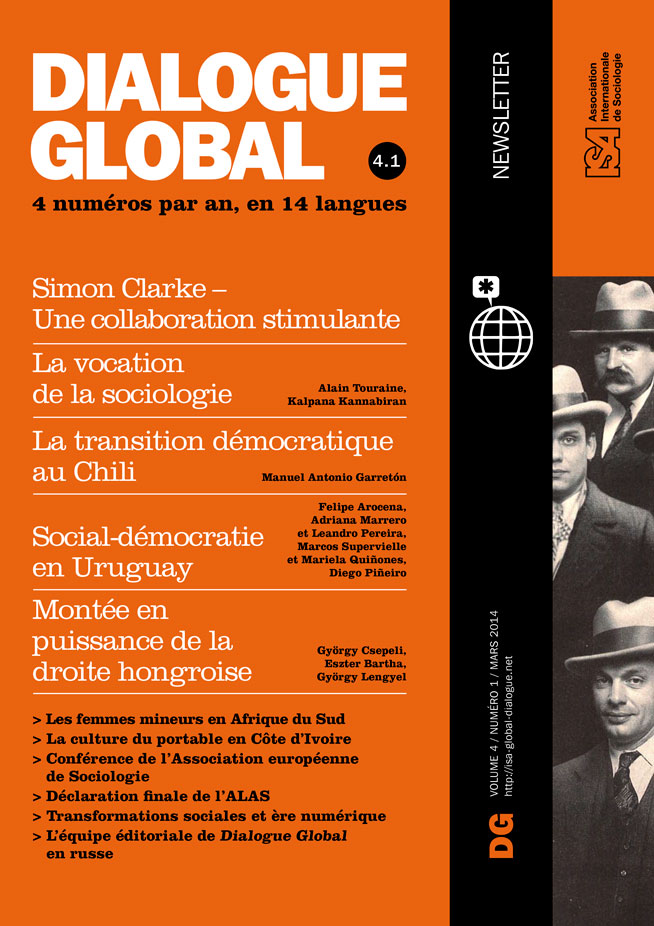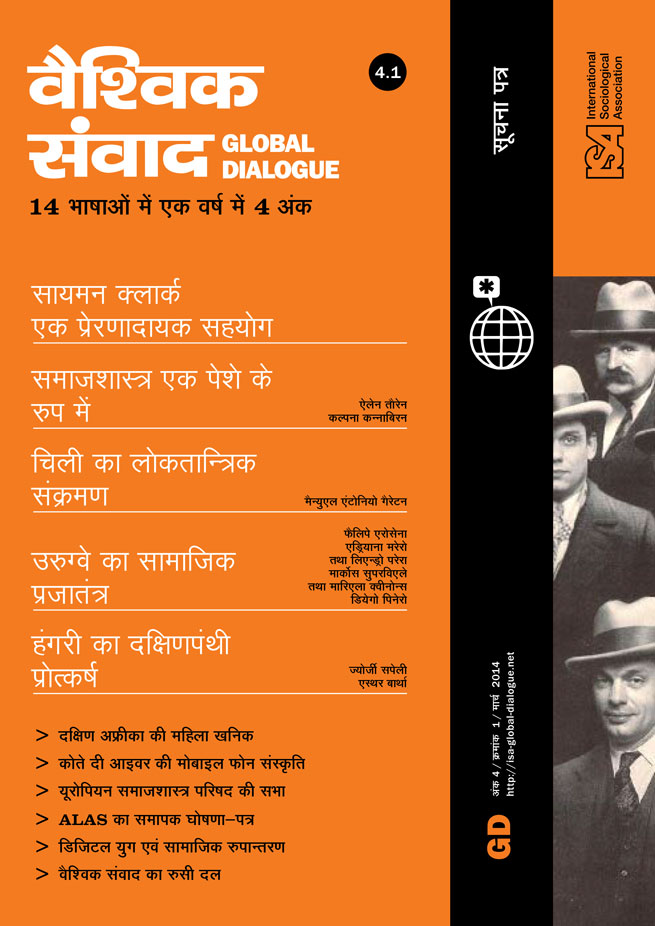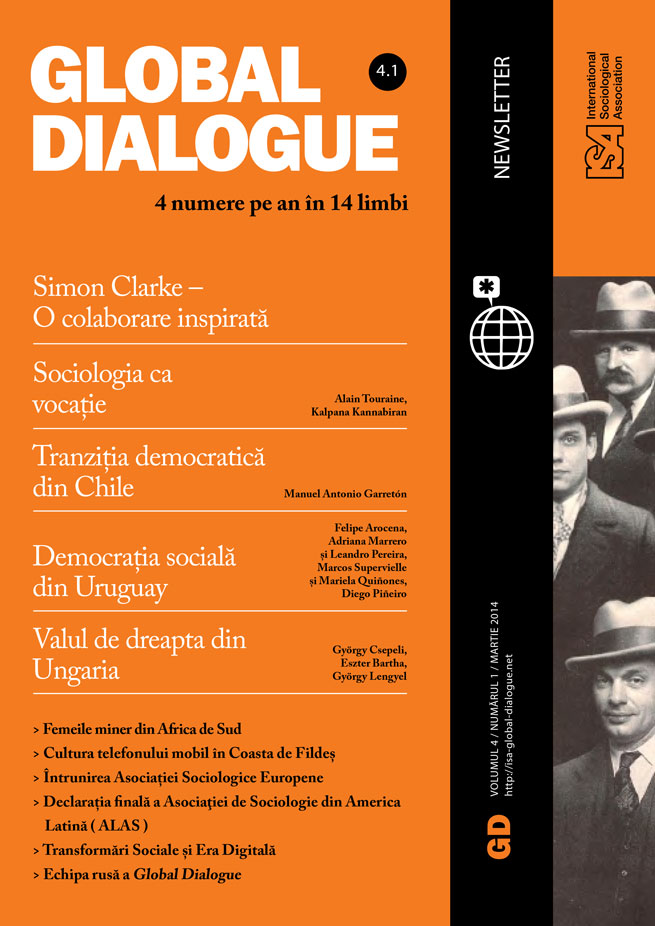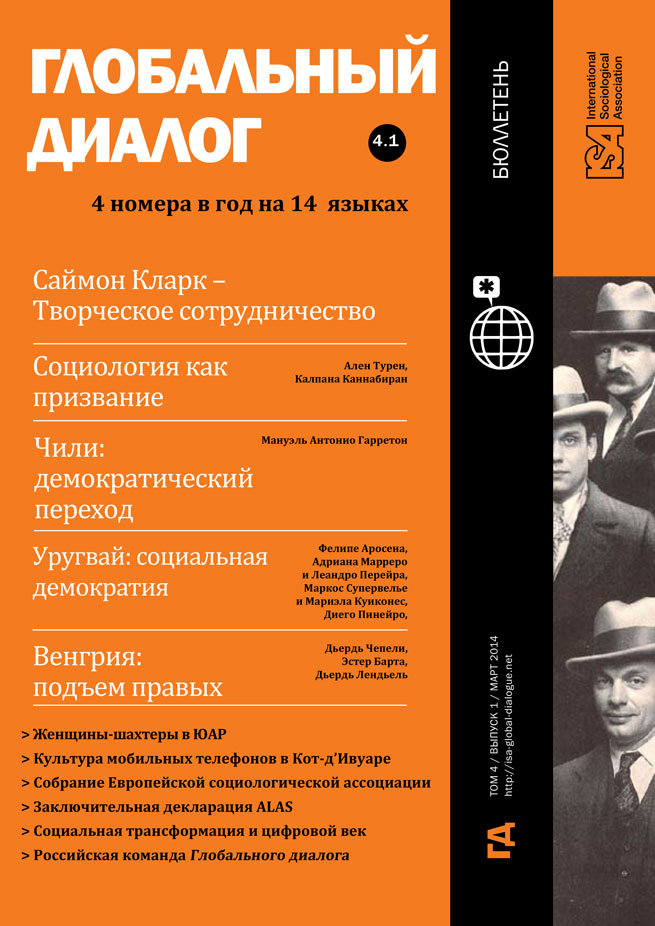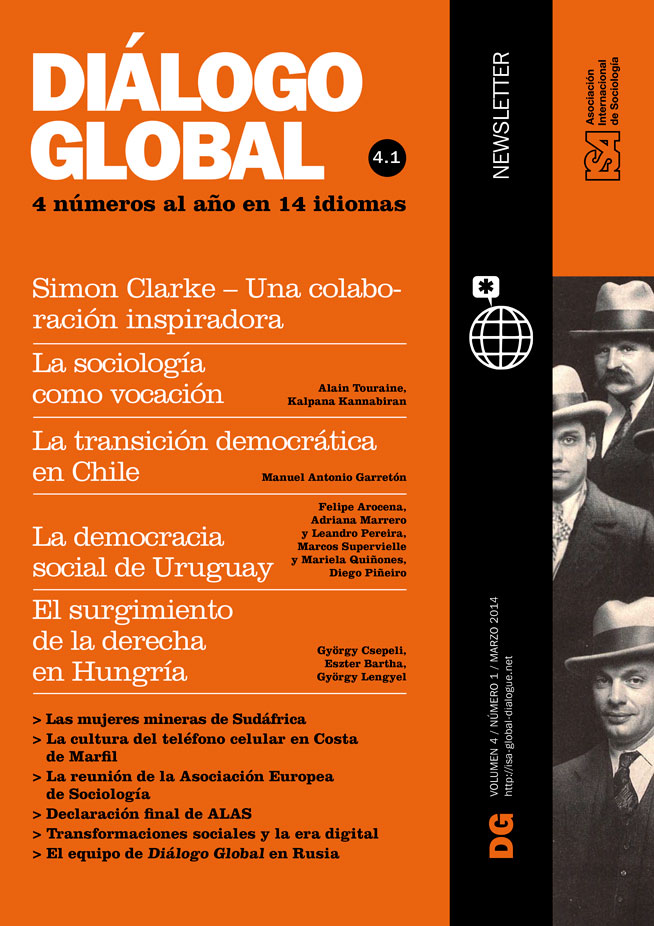The Fate of Class in Contemporary Hungary
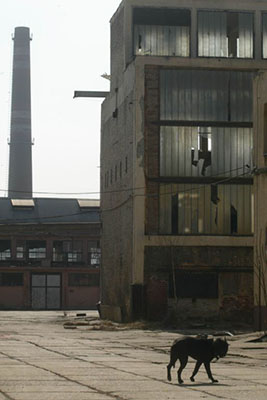
February 10, 2014
The first question that comes to mind is whether the concept of class has any relevance in post-industrial society or indeed, what academic discussion would gain by bringing class back in. The career of the concept of “class” in Eastern Europe was closely linked to the development of state socialism, which proclaimed the working class to be the ruling class.
The eventual and rapid collapse of communist regimes across the region in 1989 discredited the legitimizing narratives of the official working-class histories. The events of that year disproved notions of a simple equivalence between class position and class consciousness found in the dominant trends of Marxist thought. While, in 1989, there were some East European intellectuals who still argued for a democratic socialism based on workers control[1], other groups, including many of the reformers, were calling for a “third way” between capitalism and socialism, and some for the creation of a social democracy based on a mixed economy and strong trade unions. It was also widely expected that the working class would not support the restoration of capitalism or even a reformist collectivist alternative. Of course, this expectation proved to be wrong, and there was little effective working-class resistance to the introduction of a capitalist economy. Indeed, there was not a single country in Eastern Europe where workers supported any kind of democratic socialist alternative to the existing system. Nor was the East European political and intellectual climate favorable for revisiting the concept of class after the change of regime: all forms of class theory were regarded as utterly discredited, and the working class was often uncritically associated with the state socialist past, as intellectual elites invested in futures based on “embourgeoisement,” which downplayed the social and political roles of industrial workers.
Why is it, then, necessary to rethink the concept of class in Eastern Europe? The project of ‘‘embourgeoisement” promised the people a rapid catching-up with the standard of living of the middle classes in the advanced capitalist countries of the West and the maintenance of universal employment and social security that they enjoyed under socialism. Twenty years after the collapse of state socialism the failure of this project has become clearly visible for the masses. Privatization increased social mistrust since postsocialist capitalism everywhere created greater social and material inequalities than had existed under state socialism. The drastic contraction of heavy industry resulted in massive unemployment while foreign capital imposed unfair competition on domestic enterprises, which badly needed capital and infrastructural investments. Western authors also criticized neoliberal capitalism as a new “colonial” project for Eastern Europe.[2]
To the question of what kind of new structural positions postsocialist capitalism created in Hungary, we can answer that – in accordance with Western trends – it decreased the industrial sector while it significantly increased the share of the service sector of the economy. Moreover, outsourcing reinforced structural inequalities between East and West, which explains the relatively low proportion of capitalists and the high proportion of unskilled workers in Hungary in comparison with Western Europe. Szalai argues that a dual model is needed to describe contemporary Hungarian society in which she distinguishes between the workers of the multinational companies and the workers of the domestic sector. The latter are poorly paid, heavily exploited “bricoleurs,” often informally employed and living from one day to the next, while the former can be viewed as part of the new labor aristocracy. At the same time Szalai stresses the differentiated character of the Hungarian working class, the very shallow (or even non-existent) class consciousness and the weakness of the local trade unions, all of which impedes the development of a Hungarian working “class for itself” and, of course, the representation of the interests of labor.[3]
However, these new forms of inequality were not institutionalized (let alone sanctioned) by Hungarian society. “This market economy kicked us out” was the overwhelming feeling among my working-class interviewees.[4] Workers were disappointed with “this capitalism.” Their skills and knowledge were downgraded by the new regime and they recognized that, although people were not equal under the Kádár regime, social-material inequalities have significantly increased since 1989. Many of my respondents complained that their children can’t compete with the children of managers, doctors, and lawyers, who start their adult life with much better chances (due to private language courses, sports classes, dance school, ski camps, etc.).
This criticism of the new regime failed, however, to translate into a fully-fledged anti-capitalist critique. Typically, workers still expected the state to protect the domestic producers from the unfair competition of multinational companies and they saw the strong state and a kind of “third-road” national capitalism as a positive alternative. This reaction can be attributed to the lack of a strong anti-capitalist public sphere, to the discrediting of the term “working class” as well as deeper historical-economic reasons, which have conserved the backwardness of the region.
However, these Hungarian tendencies can also be observed in advanced Western countries such as the United States: political corruption, broadening of class divisions, expansion of the underclass, weakening of labor unions, etc. Could it be that postsocialist countries are holding up a mirror to the West, pointing to a global convergence of social and economic problems alongside the political consequences of the downgrading of class that reinforces ethnic-populist ideologies among the working people? It has become customary to argue that in postindustrial society with its corporate culture, talent, achievement and diligence decide who will climb the ladder so that “equal competition” creates socially acceptable occupational and material inequalities. This was also the ideology of postsocialist capitalism, which brought as much disillusionment as the earlier official Marxism-Leninism. Firstly, competition is not equal; secondly, the great social and material inequalities that ruthless capitalist competition generates are no longer accepted by the people. Indeed, many would even accept autocracy in exchange for greater social justice; here, hopefully, it is the democratic West that provides the mirror for the future of the East, and not the other way round.
[1] In Hungary the idea of democratic socialism without the Hungarian Socialist Workers’ Party (the former Communist Party) was represented most completely by the Leftist Alternative Union (Baloldali Alternatíva Egyesület). After the political failure of its project, the intellectual heritage of this school was continued by the journal Eszmélet (Consciousness) launched in 1989. The internationally most well-known intellectual of this circle is Tamás Krausz.
[2] For a review of the literature see: Swain, N. (2011) “A Postsocialist Capitalism,” Europe-Asia Studies, 63:9, pp.1671-1695.
[3] Szalai, E. (2004) “Tulajdonviszonyok, társadalomszerkezet és munkásság,” Kritika, 33:9, pp.2-6.
[4] For a summary of this research see: Bartha, E. (2012) “‘Something went wrong with this capitalism’: Illusion and doubt in a Hungarian (post)industrial community,” in: Mathijs Pelkmans (ed.) Ethnographies of Doubt. London: I.B. Tauris, pp.191-225.
Eszter Bartha, Eötvös Loránd University, Budapest, Hungary


